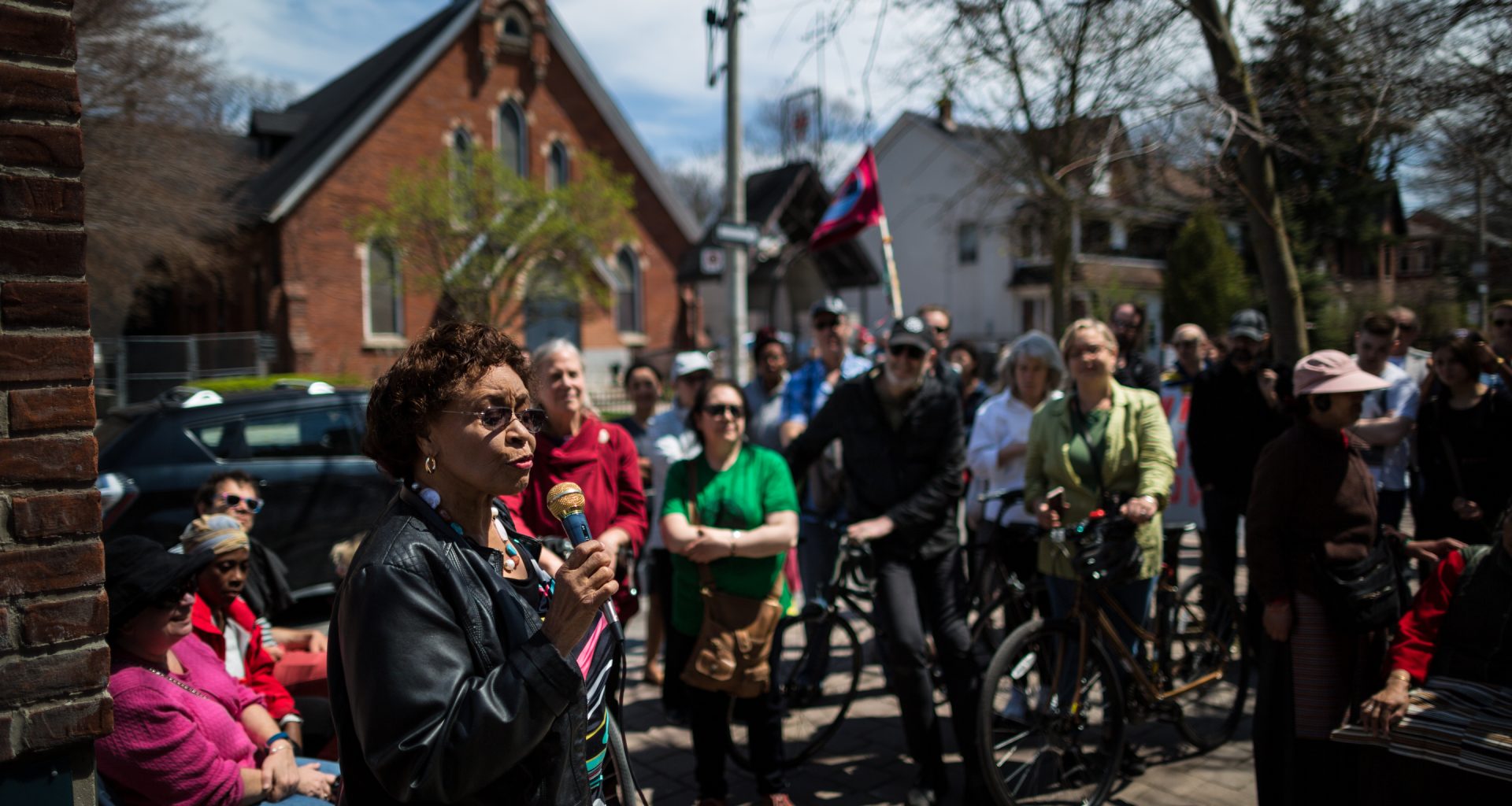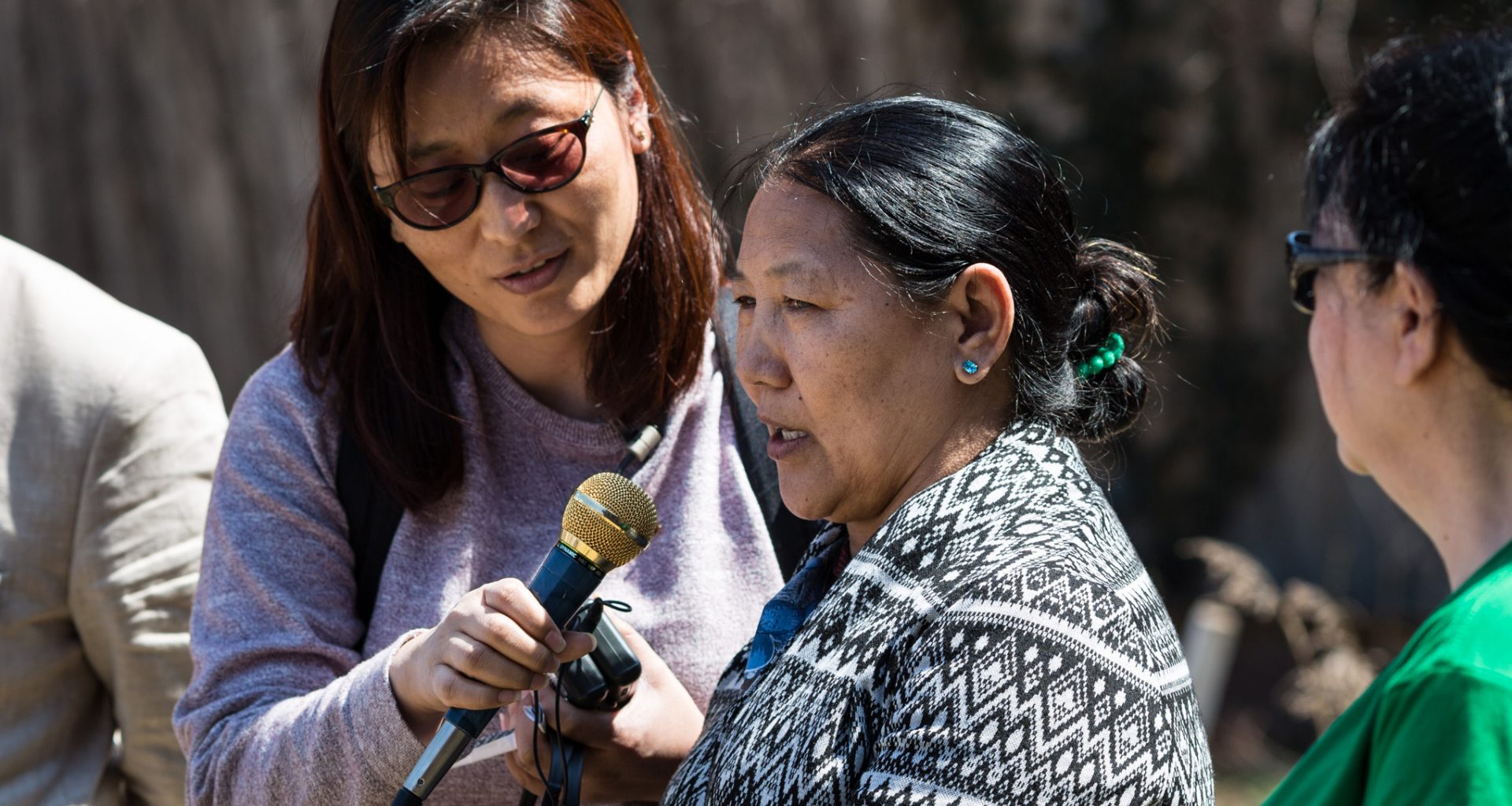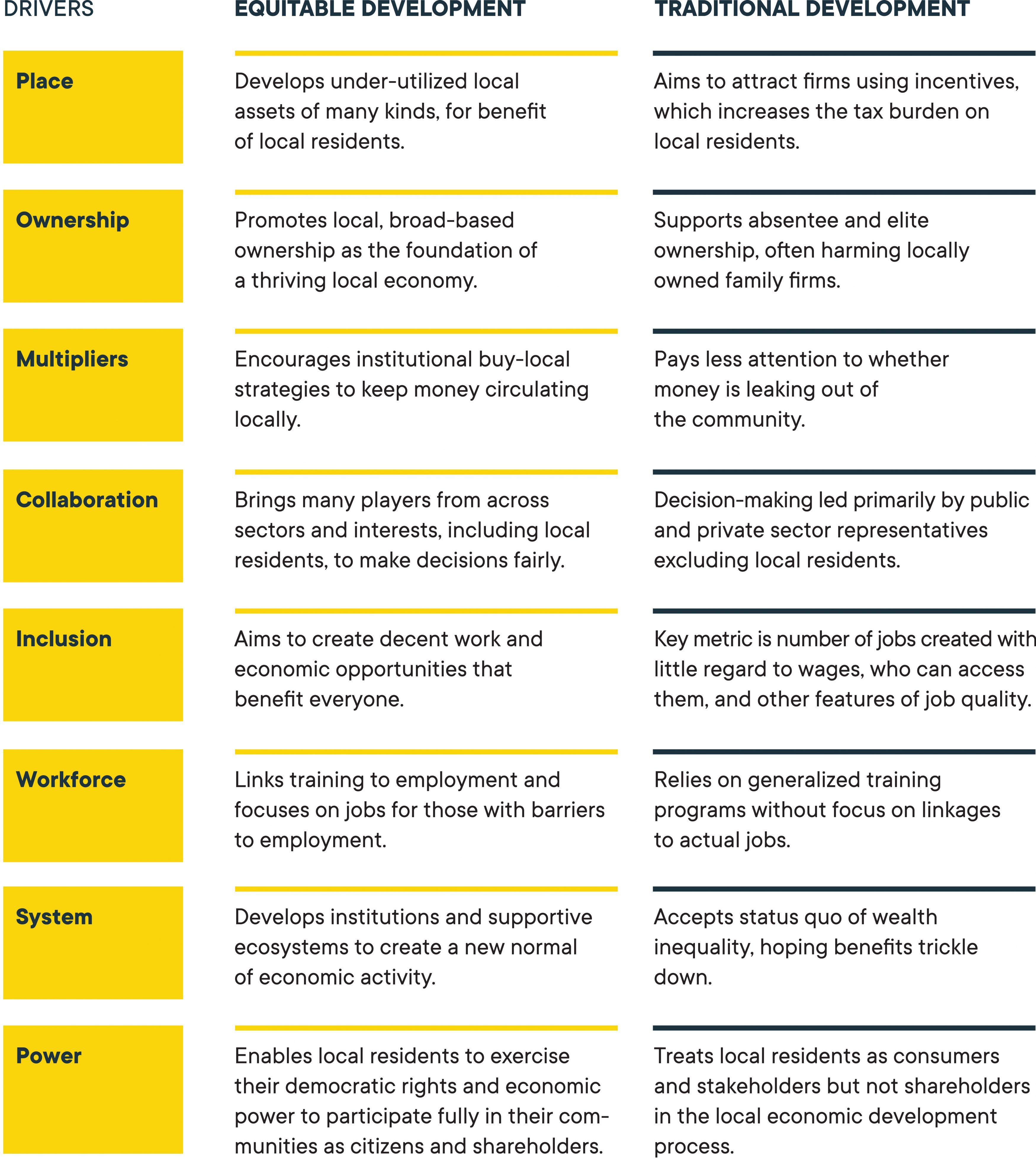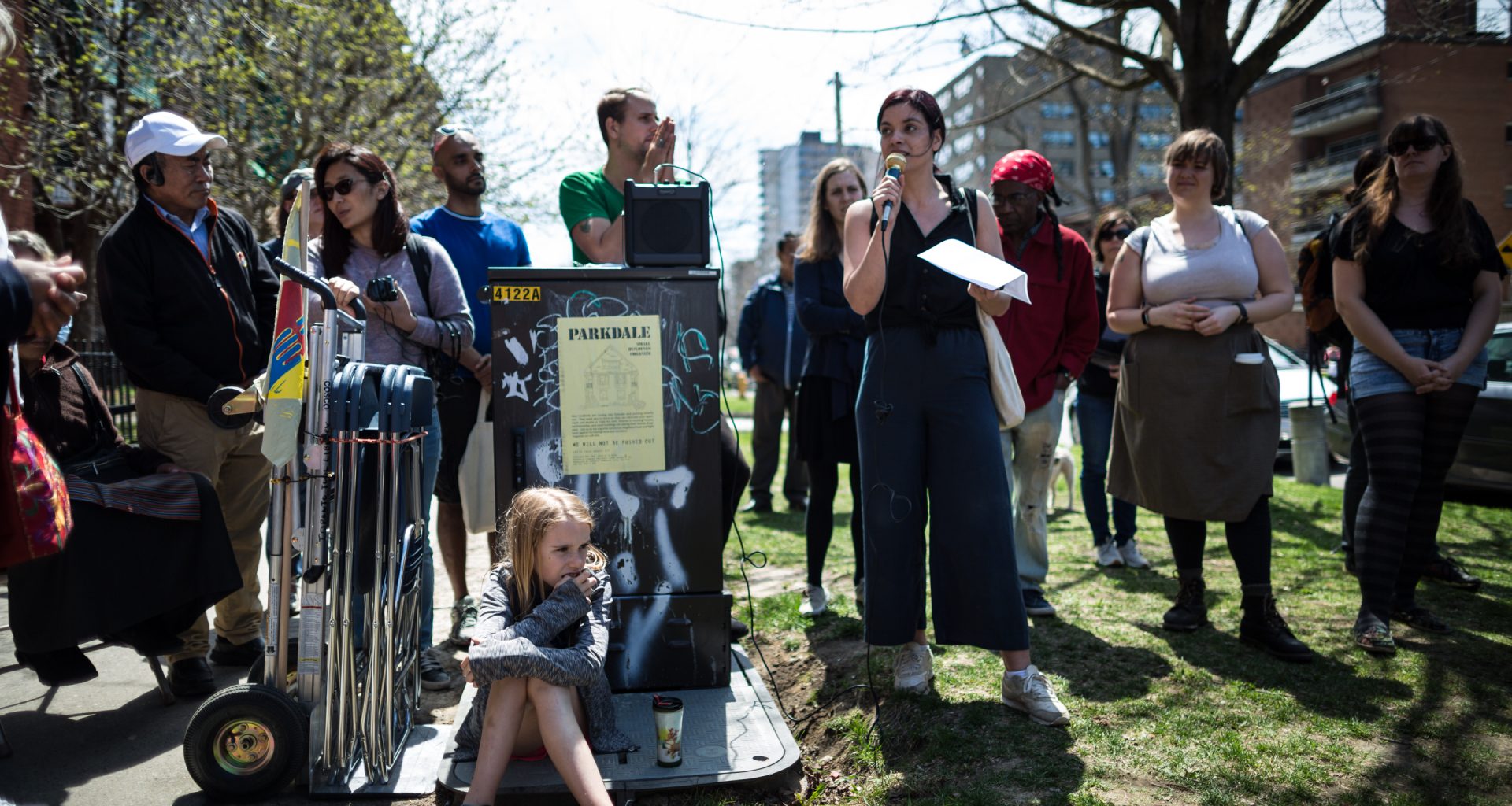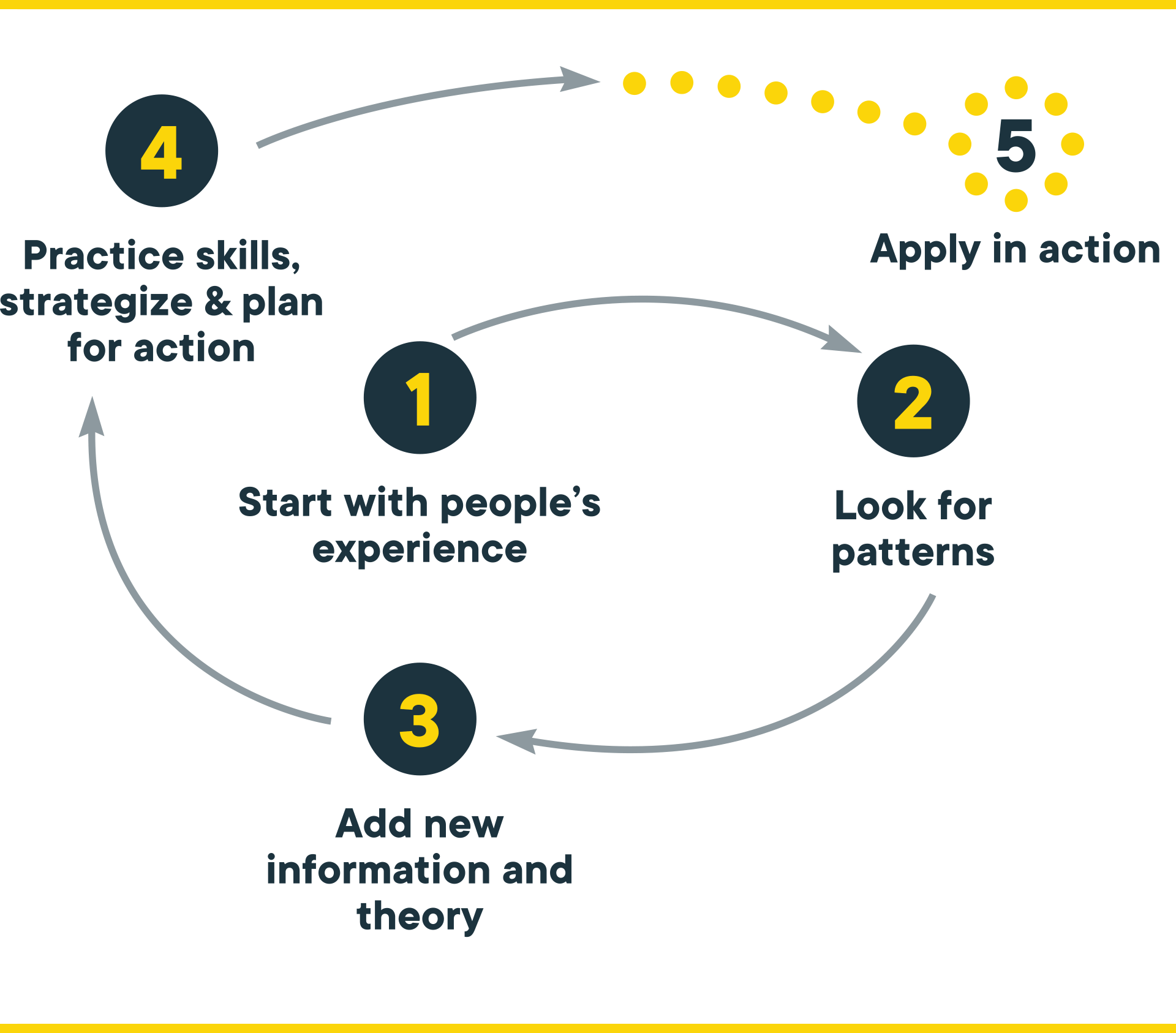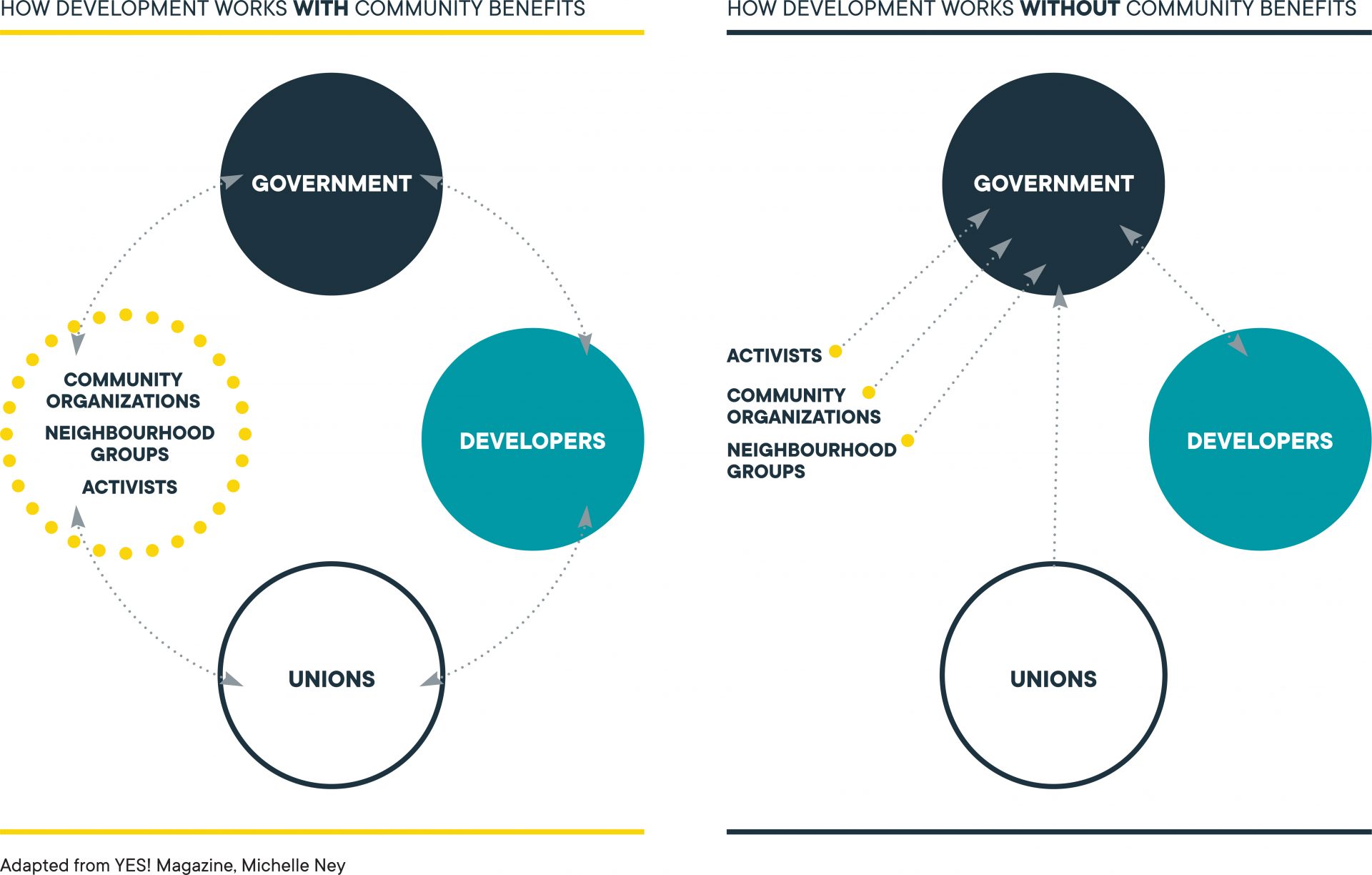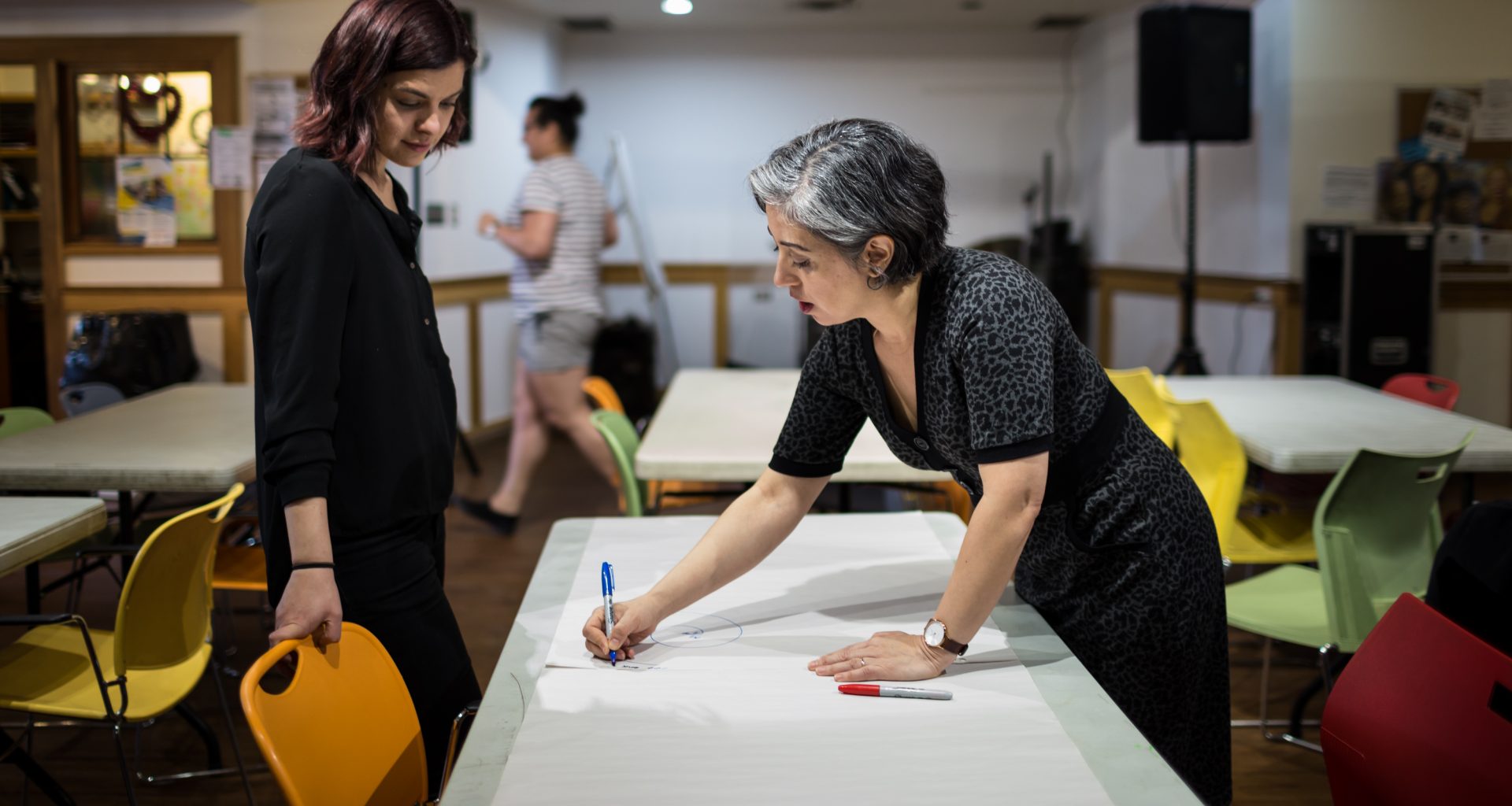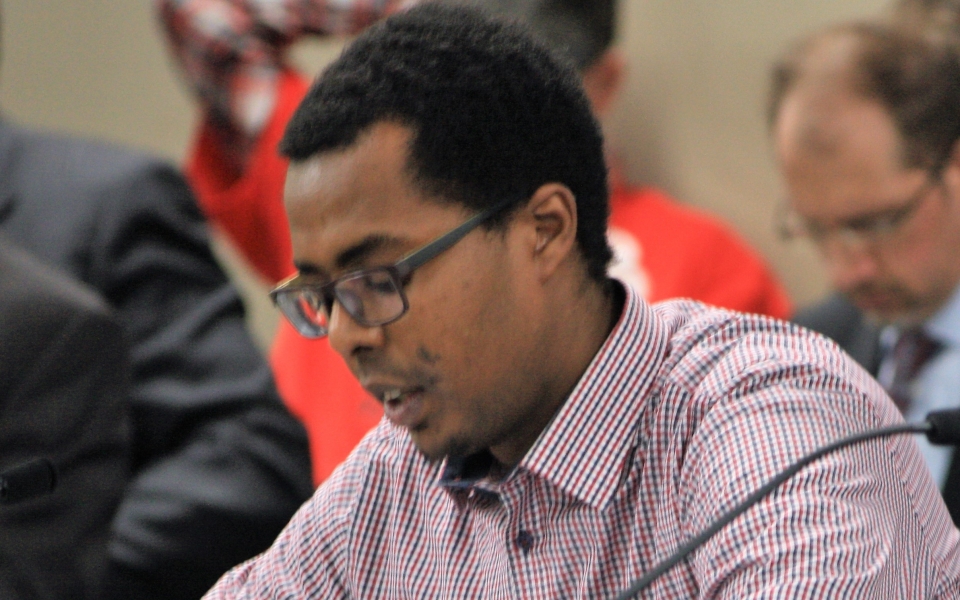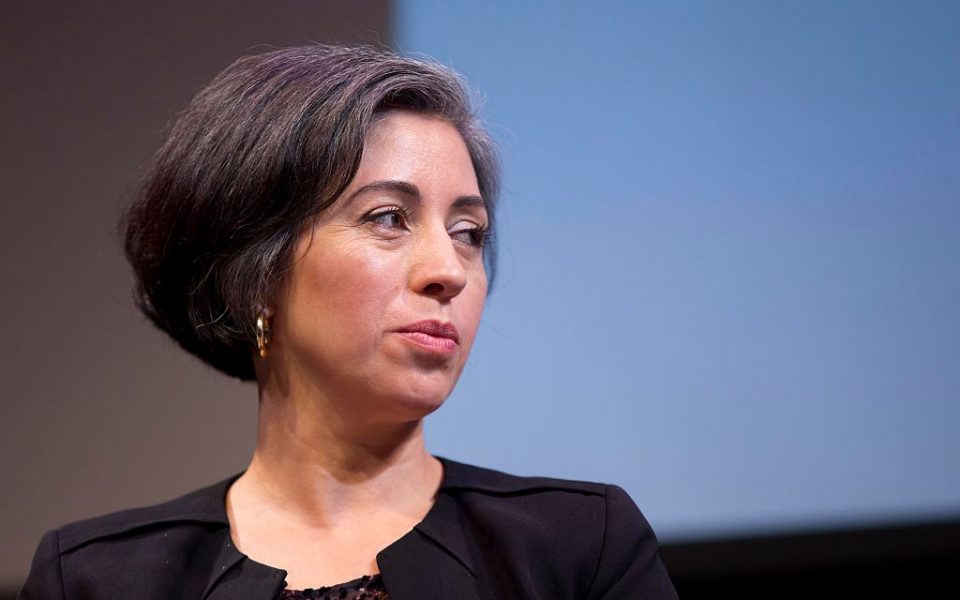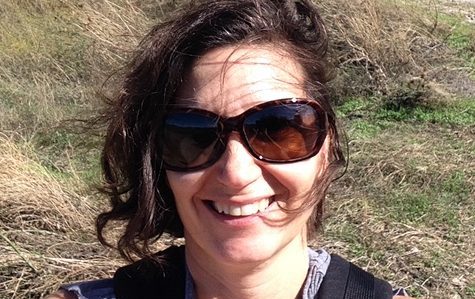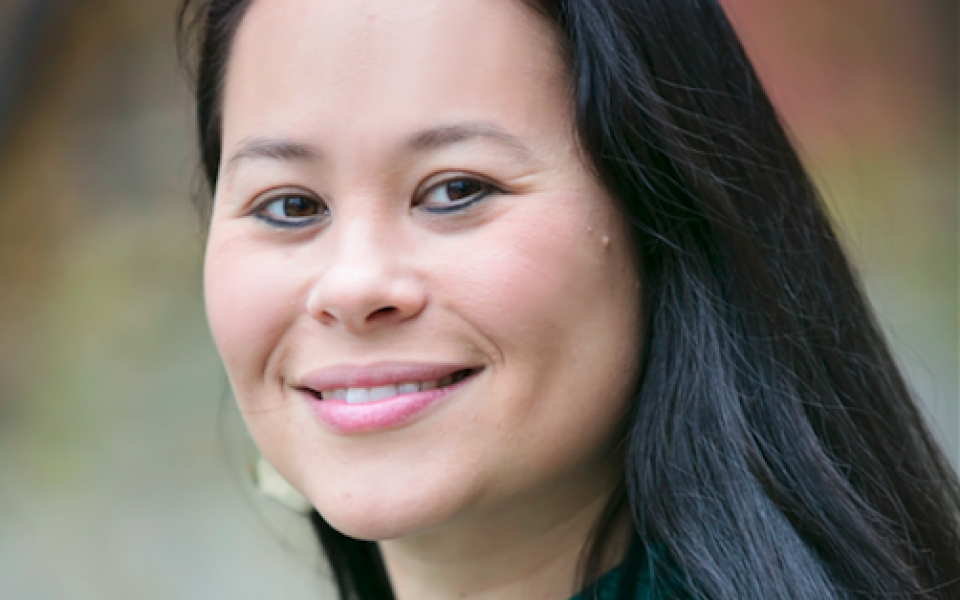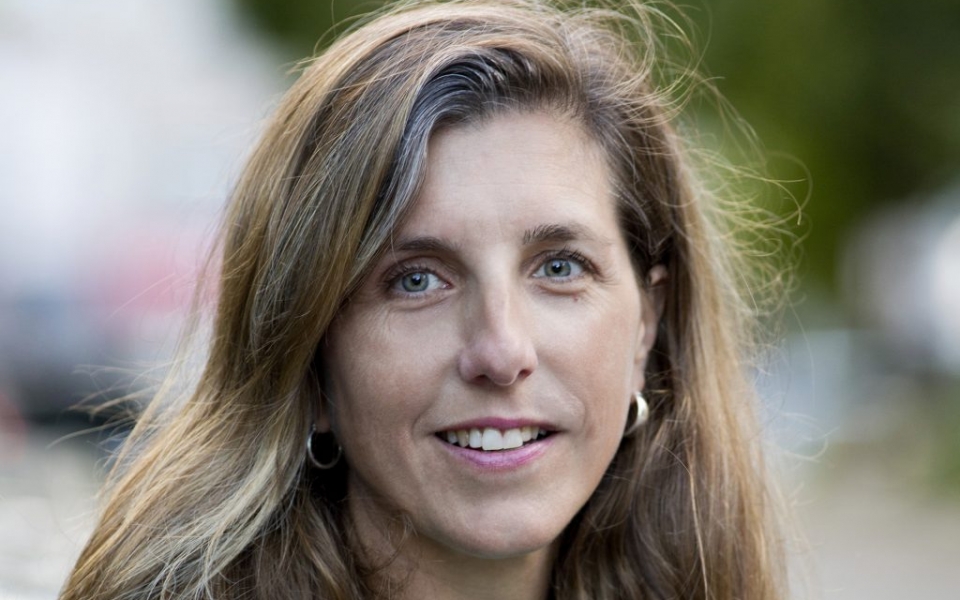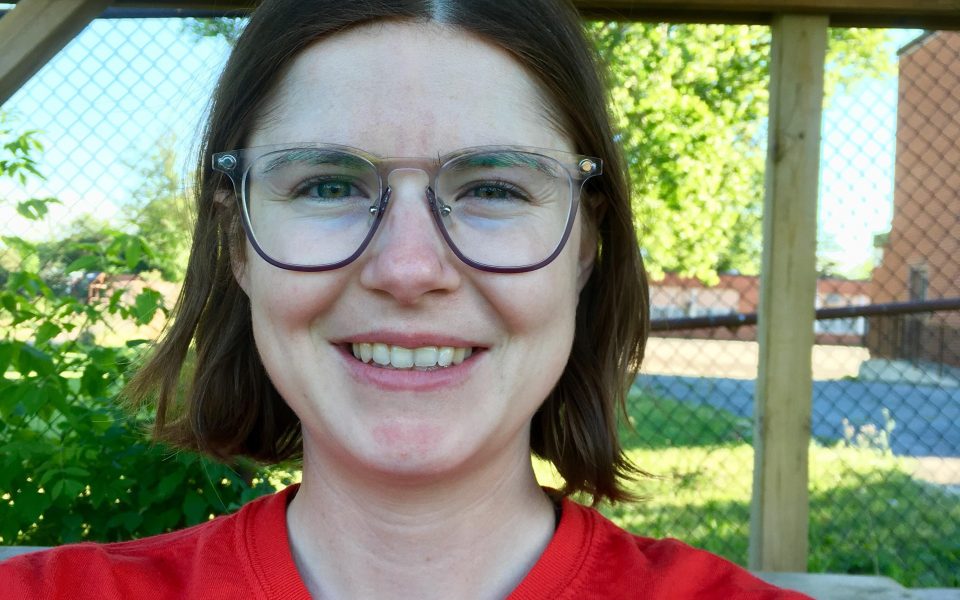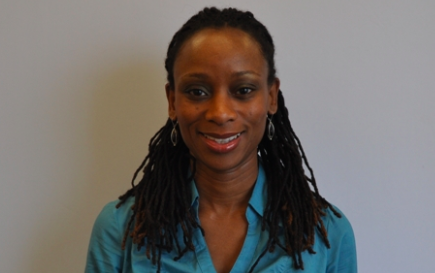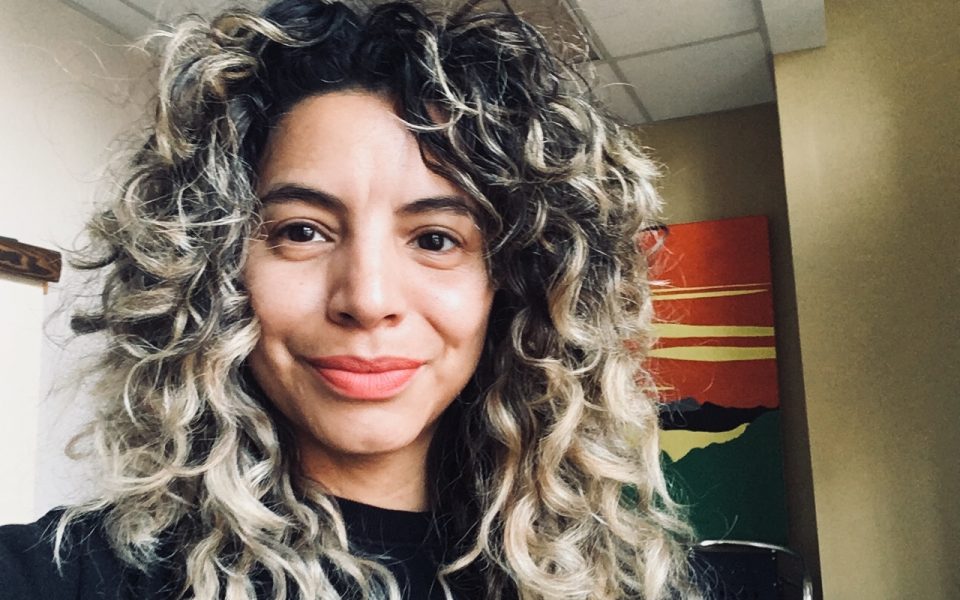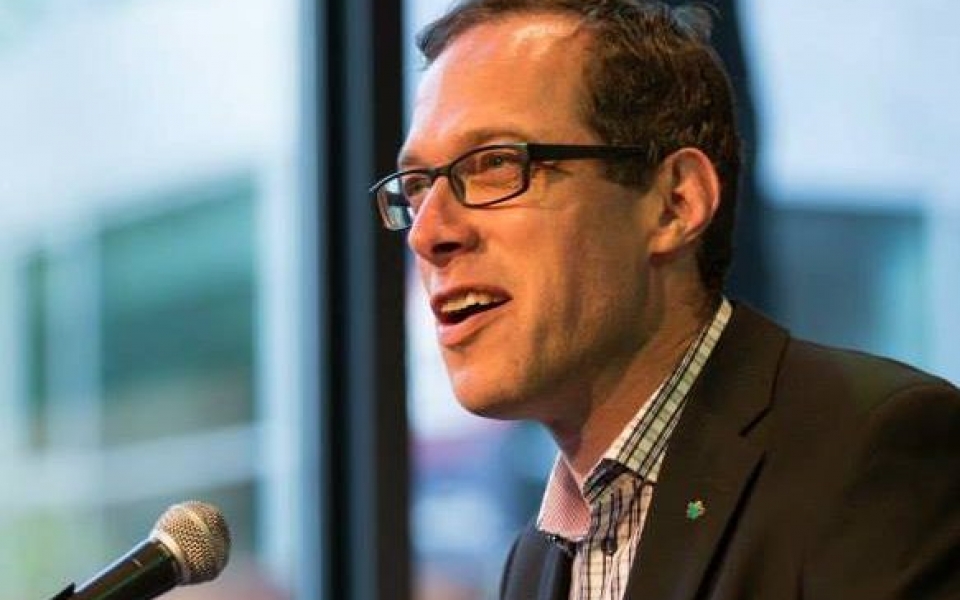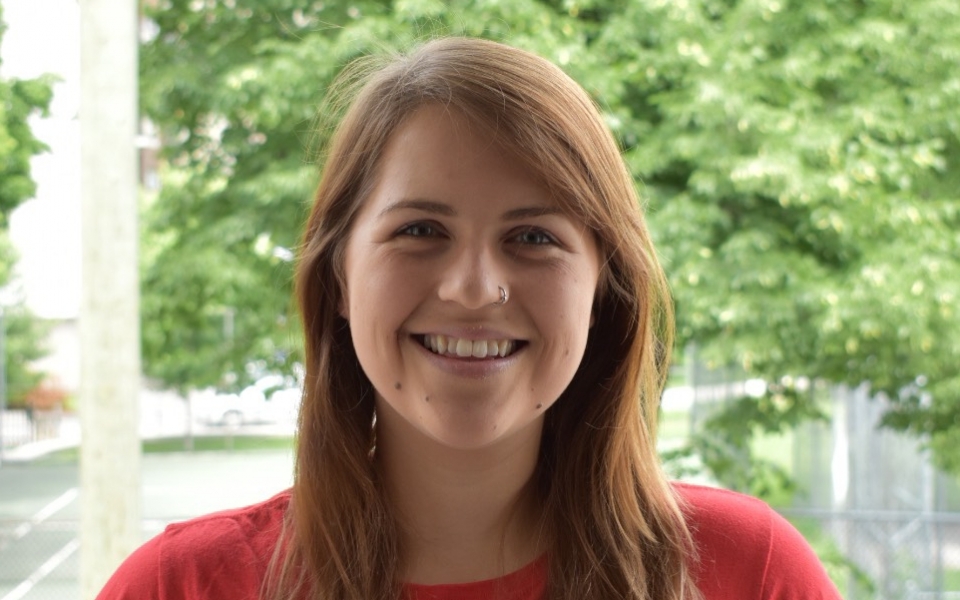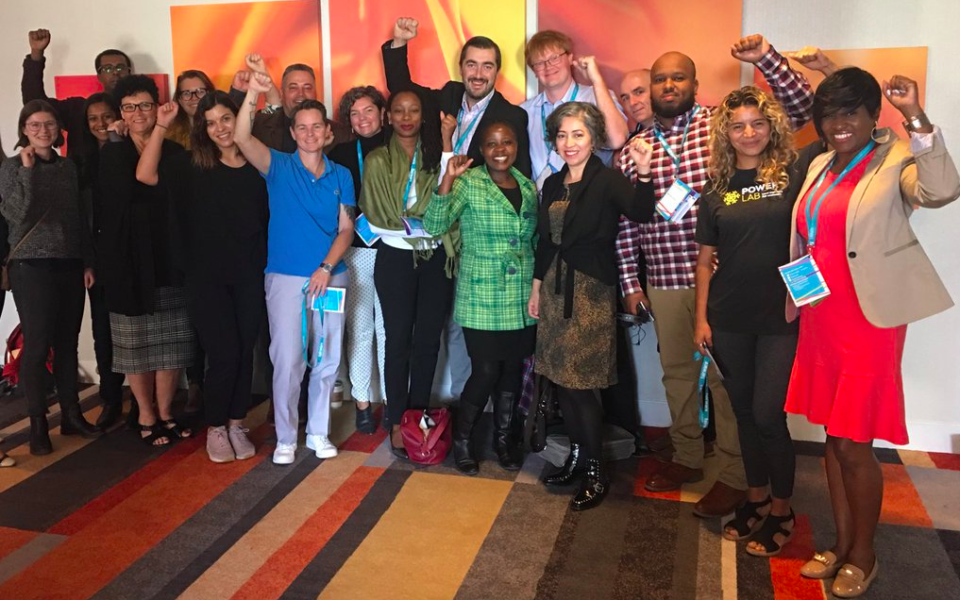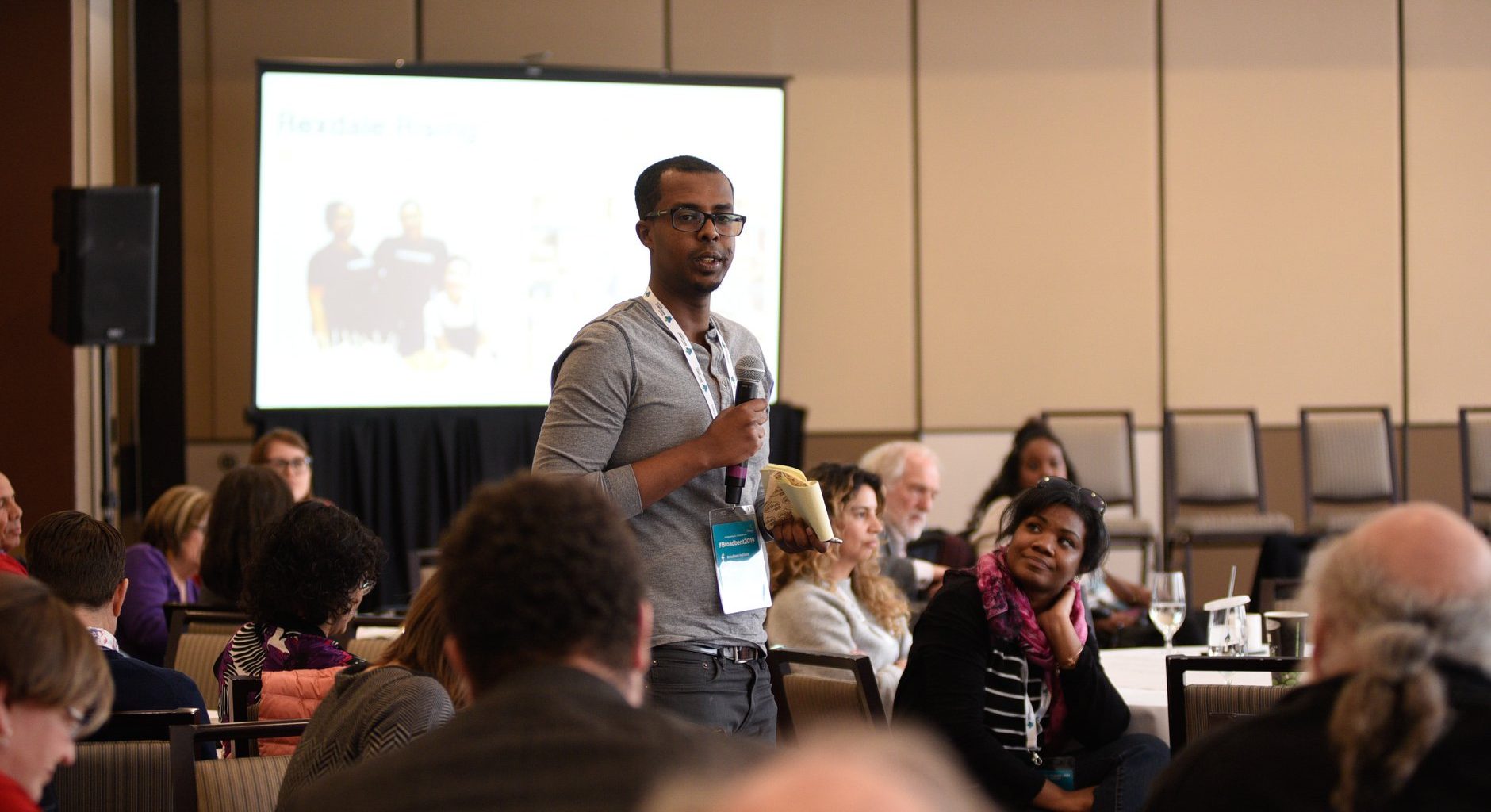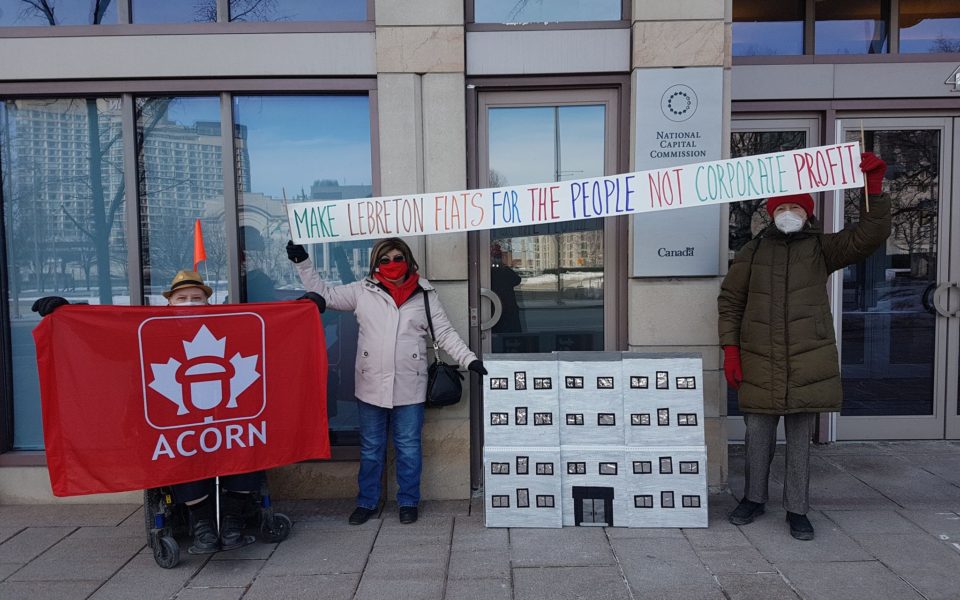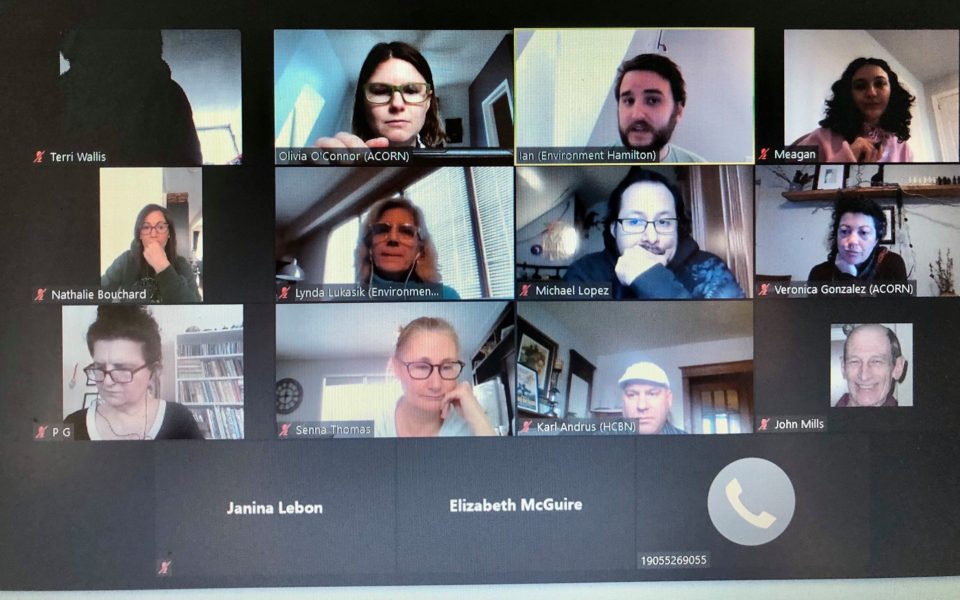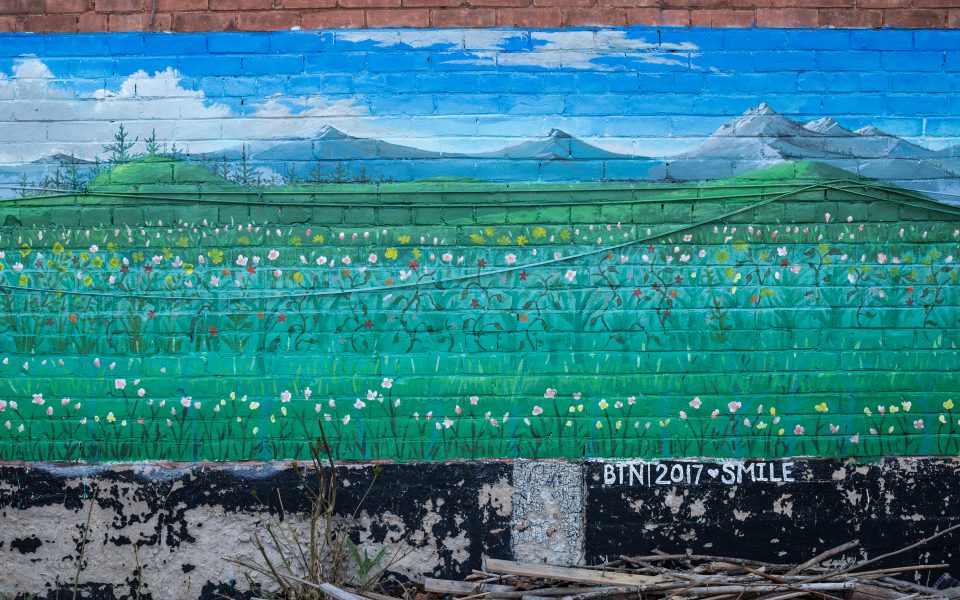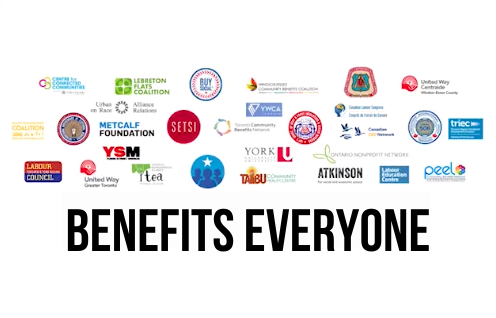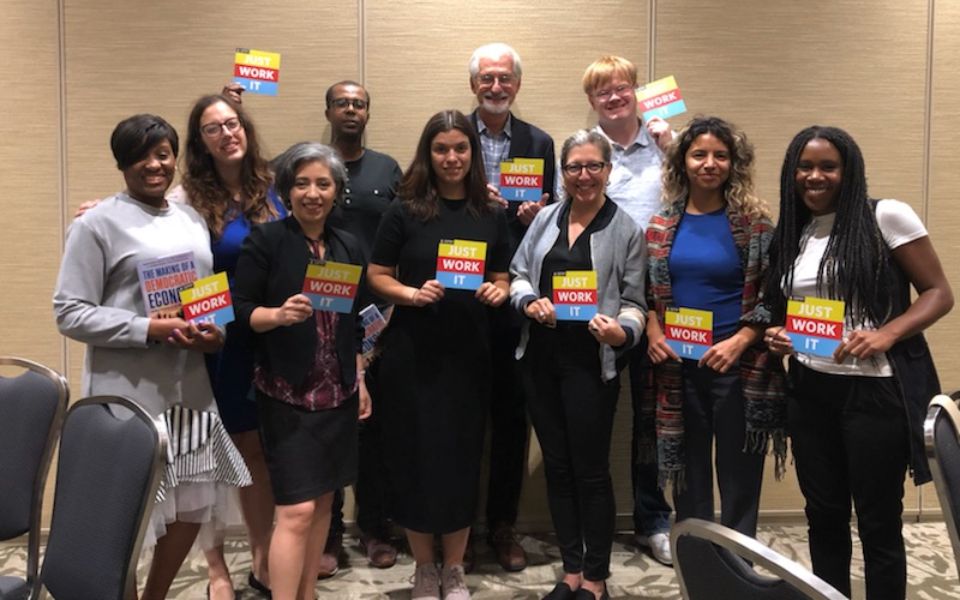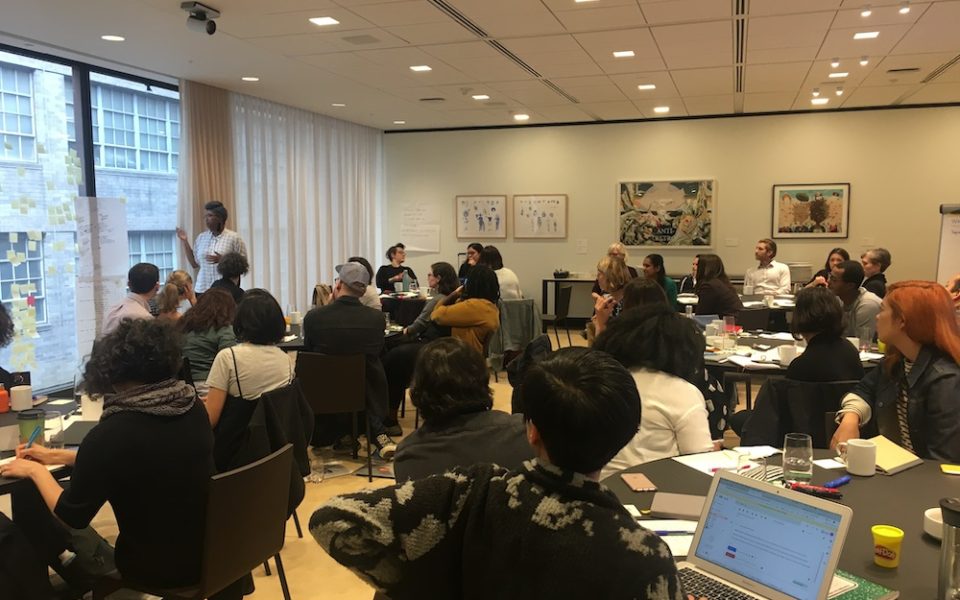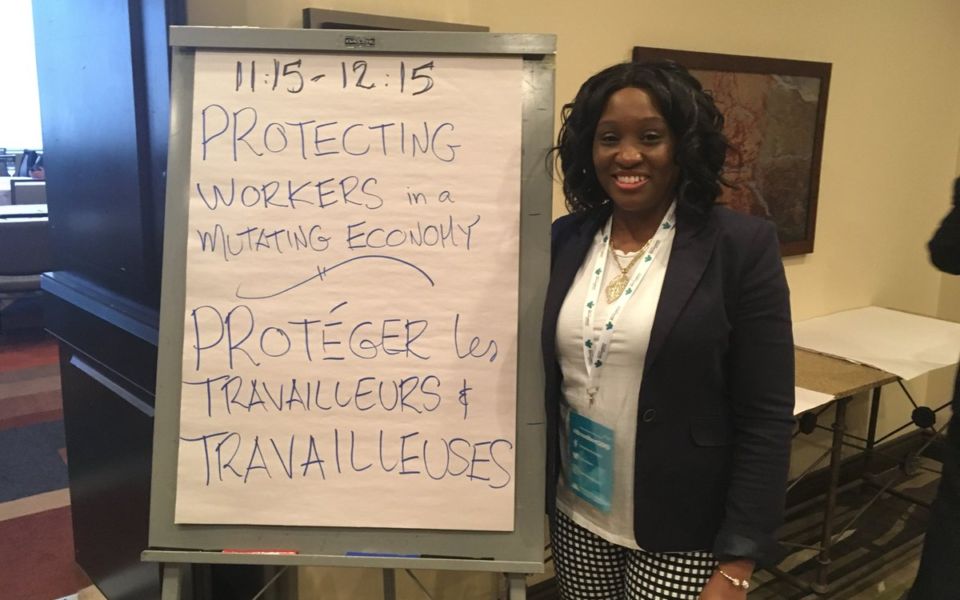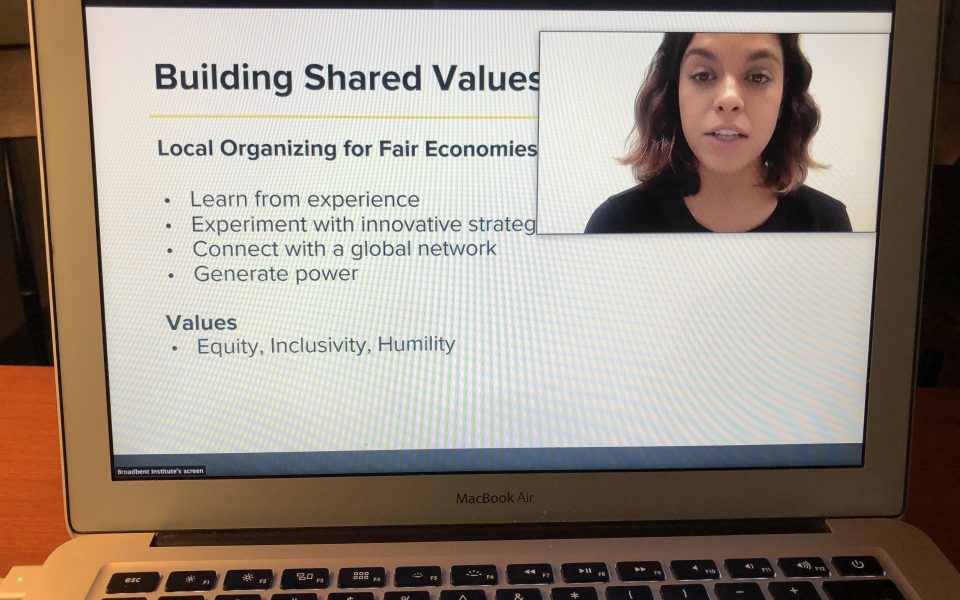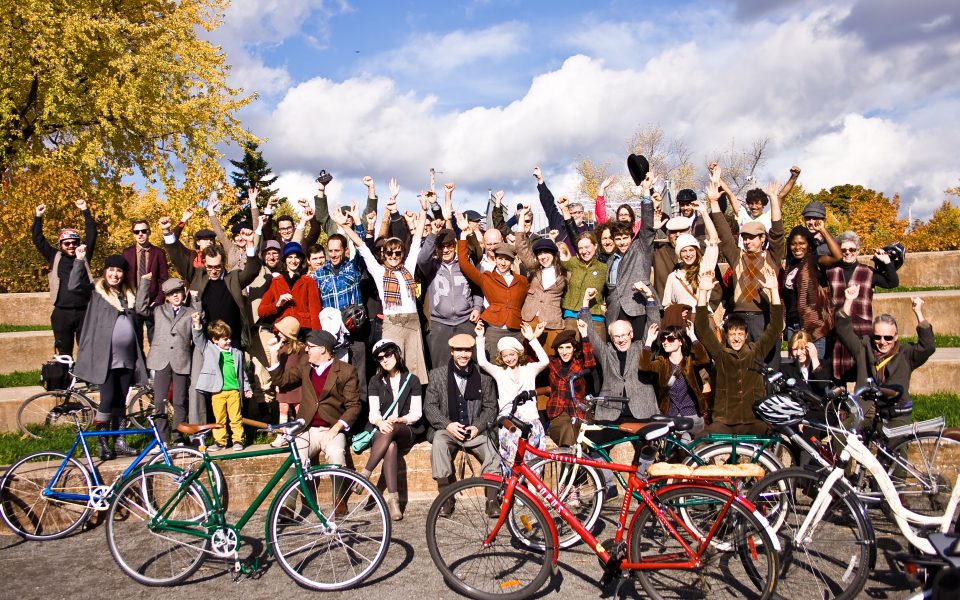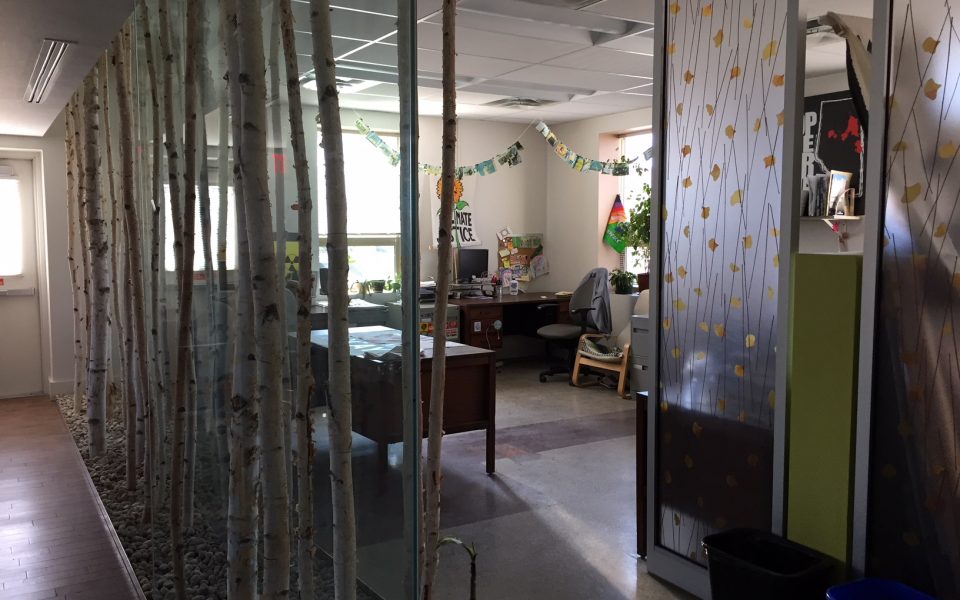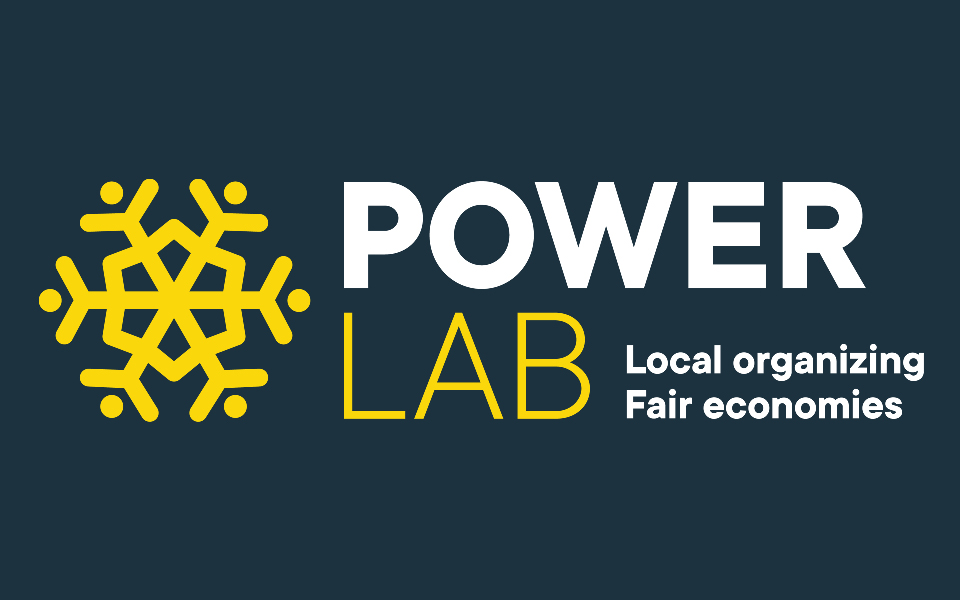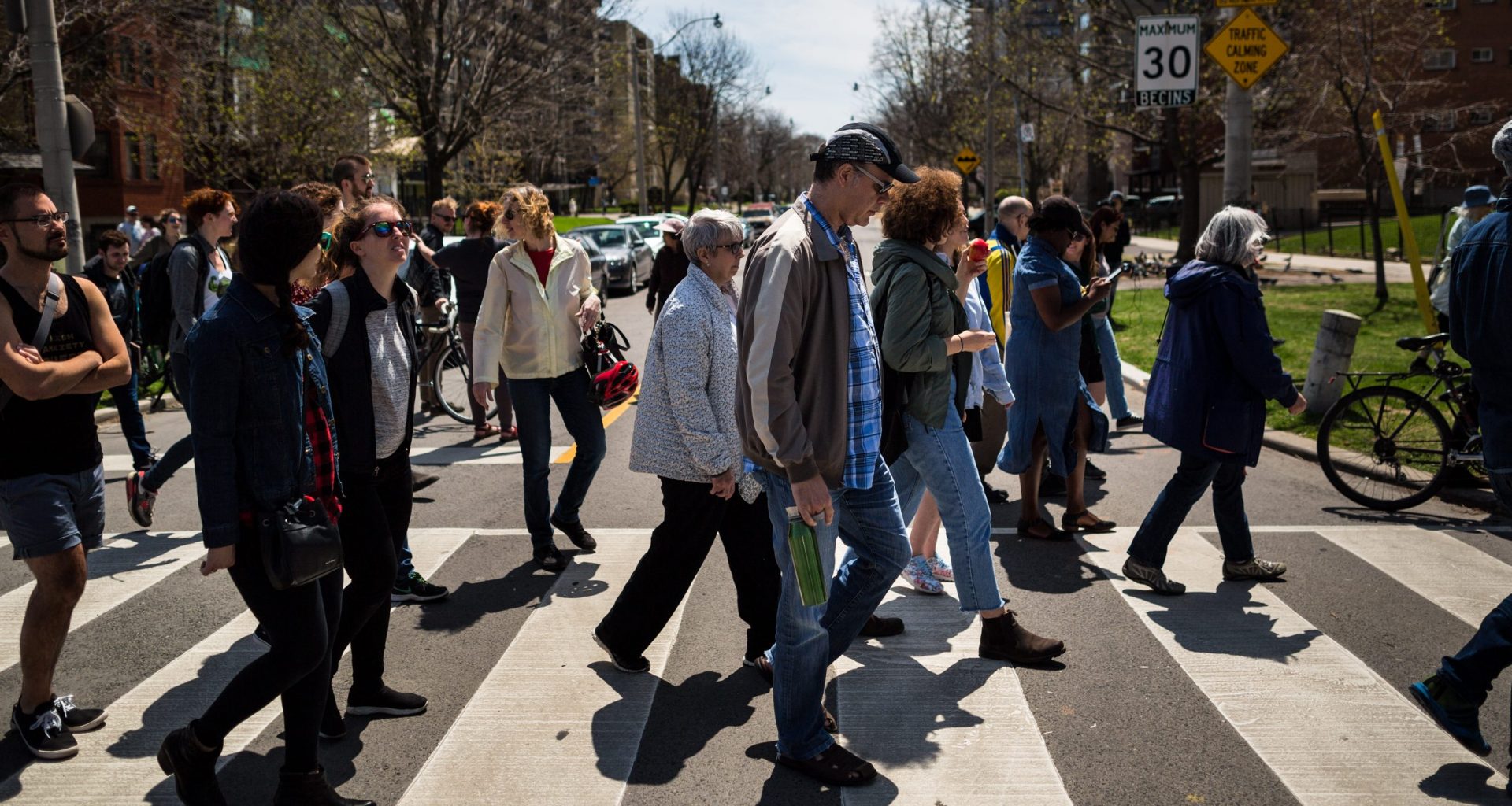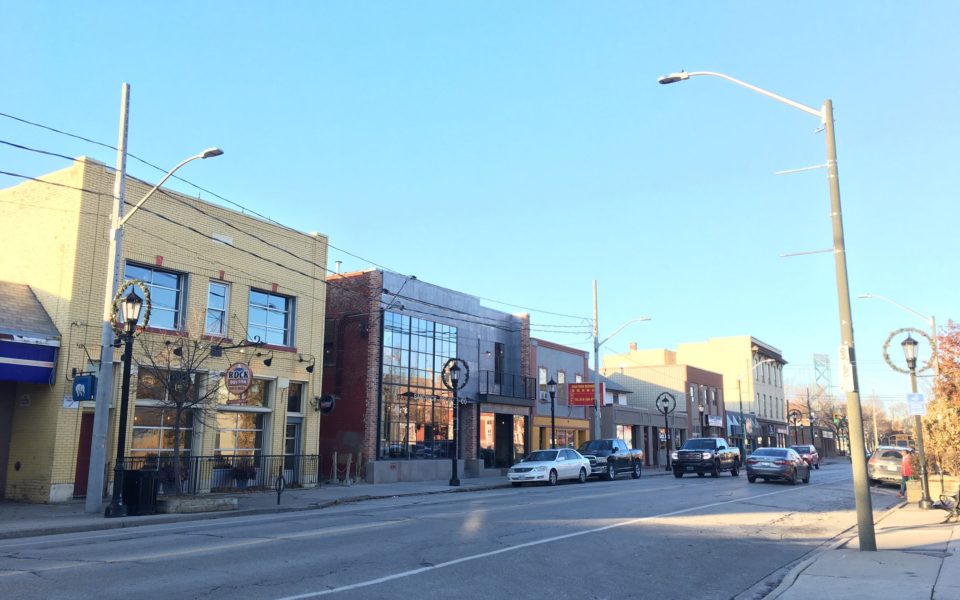
Windsor-Essex’s current and former Power Lab partners, Frazier Fathers and Sarah Morris, have written a new report along with Brady Holek and Anam Khan to dispel the myth the community benefits agreements can’t work for rural, small, and mid-sized communities.
Building Community Wealth: What is possible in rural, small and mid-sized communities hopes to shine a light on what is possible by highlighting policies that are already in place or are forthcoming to empower communities to demand more than the status quo from local development projects. These include local procurement strategies, job training, environmental protection, and ensuring communities have a voice in decision making processes.
The United Way of Windsor-Essex and the Windsor-Essex Community Benefits Coalition have led the way in this research. They are also collaborating with groups in four other Ontario cities – London, Kingston, Sudbury and Guelph – as part of the Inclusive Economies Mid-Sized Cities Network. This community practise is focused on bringing community wealth building approaches including community benefit agreements, social procurement, community and worker owned business models and anchor strategies to scale in their cities.
Read the report and learn more about how people in Windsor are organizing for community benefits here.

